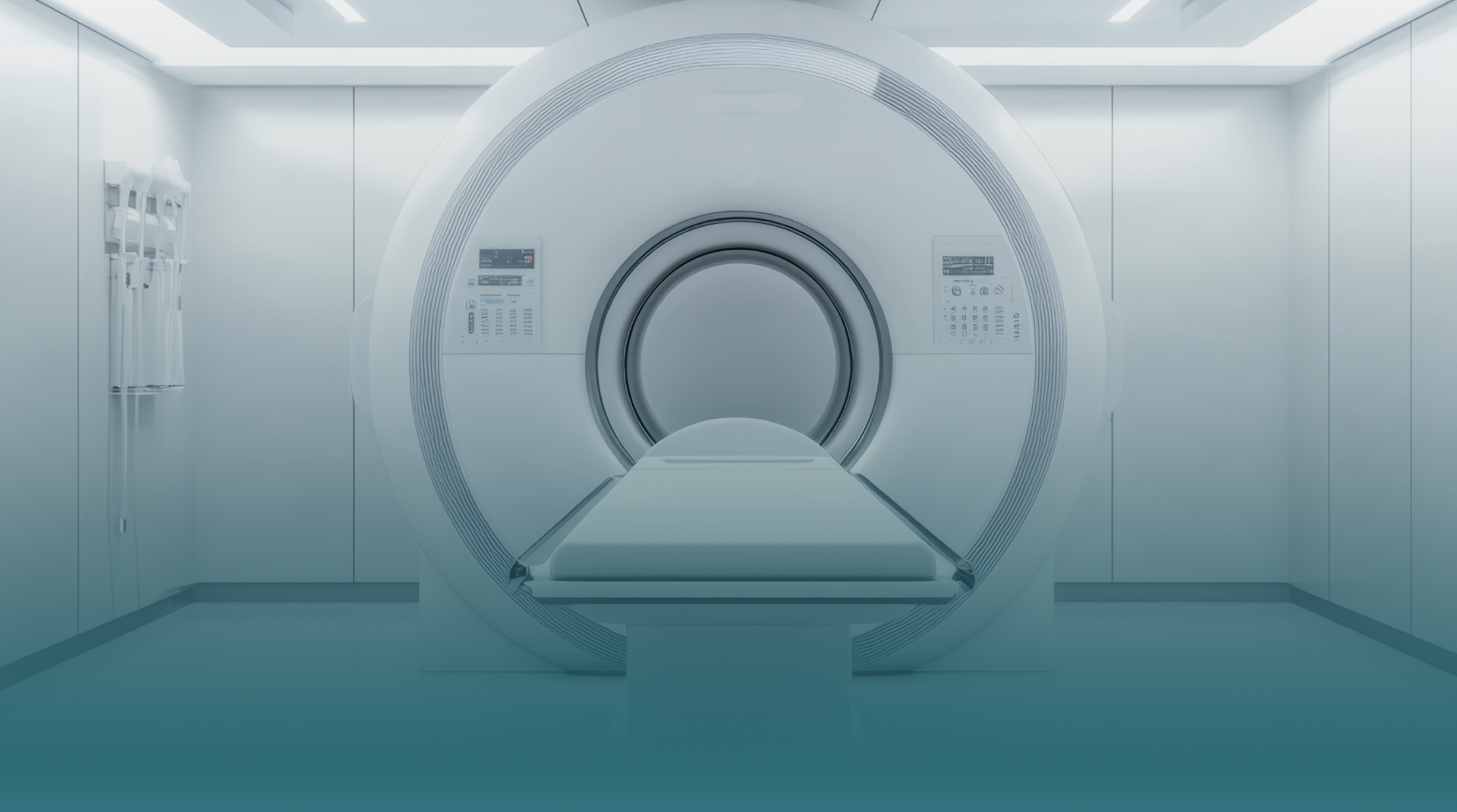Overcoming the challenges in preclinical imaging requires not only innovation but also a commitment to smarter, more ethical practices. We at HawkCell have taken these challenges head-on, creating solutions that make preclinical imaging more precise, efficient, and humane.
Advanced MRI Biomarkers for Precision
To address the precision and sensitivity limitations in preclinical imaging, we employ advanced MRI biomarkers, such as whole-body diffusion-weighted imaging (wbDWI), Perfusion MRI, and T1- and T2-mapping. These technologies offer a more nuanced view of tissue structures and biological processes.
For instance, wbDWI provides detailed information on tissue microstructure and cellular organization, allowing us to detect abnormalities at an early stage. This increased sensitivity enables more informed decisions earlier in the process, potentially saving time and resources that might otherwise be wasted on ineffective drug candidates.
Perfusion MRI and T1/T2-mapping offer further depth in understanding tissue dynamics. Perfusion MRI measures blood flow and can be invaluable in assessing conditions like ischemic stroke. T1- and T2-mapping help visualize different tissue characteristics, making it easier to see how a treatment affects targeted areas. Together, these tools enable more precise measurements, reducing the risk of missed indicators or misinterpretation.
Enhanced Quantitative MRI Precision
By efficiently reducing noise and preserving the integrity of quantitative features, HawkAI minimizes variability in these measurements, leading to more consistent and reliable data.
This precision is particularly vital for longitudinal studies where tracking subtle changes in tissue properties can make all the difference in assessing drug efficacy.
Non-Invasive and Ethical Imaging
At HawkCell, we are deeply committed to ethical research practices. By focusing on non-invasive imaging techniques, our MRI technologies help minimize the need for invasive procedures and reduce the number of animals required for research. Non-invasive imaging means fewer stress-induced variables, providing clearer, more reliable insights.
Moreover, our approach allows researchers to gather comprehensive data from a single scan. This streamlined process contributes to a more ethical, humane approach to preclinical imaging, promoting responsible science without sacrificing data quality.
Enhanced Data Analysis
Data complexity is another significant challenge in preclinical imaging, but HawkAI offers a cutting-edge solution. HawkAI is a deep-learning-powered post-processing tool that enhances MRI image quality by reducing noise and increasing clarity. By automating image enhancement, HawkAI allows you to focus more on interpretation and less on manual data clean-up.
The AI-driven tool not only improves image clarity by up to 30%, but it also seamlessly integrates with existing systems, ensuring compatibility across different MRI platforms. This means you can maintain consistency in your data while benefiting from faster, more reliable image analysis.
HawkAI ultimately helps you gain actionable insights more quickly, keeping your research moving at a steady pace.
Flexible Operational Solutions
Operational challenges, like maintaining costly imaging infrastructure, are addressed through our tailored Contract Research Organization (CRO) services. Whether you need a mobile MRI for short-term studies or want to integrate MRI capabilities long-term, we have options to suit your needs.
This on-site mobile MRI service provides imaging solutions without requiring a permanent setup, making it ideal for projects that need agility.
For those looking at long-term imaging needs, we also offer seamless integration of MRI technology into your research infrastructure. This can help optimize your return on investment by ensuring that imaging capabilities grow alongside your research needs. Such flexibility helps you adapt to changing requirements without the significant upfront costs traditionally associated with MRI technology.
At HawkCell, we address preclinical imaging challenges with precision, ethics, and efficiency. Advanced biomarkers, AI-driven analysis, and flexible options help reshape research for success.


